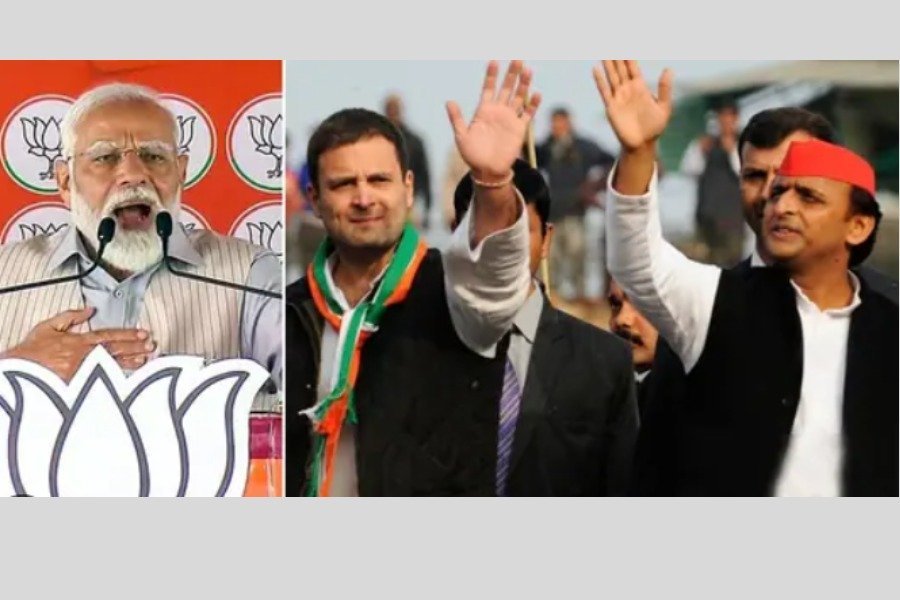New Delhi, December 17, 2024: Union Law Minister Arjun Ram Meghwal introduced the ‘One Nation, One Election’ Bill in the Lok Sabha today, presented as the ‘Constitution (129th Amendment) Bill, 2024’. The bill aims to conduct all elections in India simultaneously, making the electoral process simpler and more efficient. However, as soon as the bill was tabled, opposition parties began voicing strong objections.
Opposition’s Strong Resistance
Opposition parties reacted sharply against the bill. The Congress convened an emergency meeting this morning, while Samajwadi Party president Akhilesh Yadav called it a “conspiracy to destroy the Constitution.” The opposition views this bill as an attack on the democratic process, signaling their firm stance against its implementation.
What is the Idea of ‘One Nation, One Election’?
The concept of ‘One Nation, One Election’ refers to conducting Lok Sabha elections, State Assembly elections, and local body elections (such as municipal corporations and village panchayats) simultaneously across the country. The objective is to eliminate the frequent cycle of elections and reduce administrative and financial burdens.
PM Modi’s Support
Prime Minister Narendra Modi has long advocated for this idea. During his Independence Day speech on August 15, he emphasized that frequent elections disrupt development work. He believes that holding all elections together would ensure stable governments for longer durations, allowing greater focus on developmental projects.
Benefits of ‘One Nation, One Election’
- Cost Reduction: Conducting elections simultaneously would drastically reduce electoral expenses, as frequent elections require separate allocations of resources.
- Reduced Administrative Burden: Repeated elections put immense pressure on administrative machinery and security forces. Simultaneous elections would ease this burden and ensure better utilization of resources.
- Focus on Development: Once elections are over, both central and state governments can focus entirely on governance and developmental initiatives.
Will This Idea Succeed?
While ‘One Nation, One Election’ is a significant step towards reforming India’s electoral system, implementing it comes with several challenges. Limited resources, such as the availability of EVMs (Electronic Voting Machines) and election personnel, pose major obstacles. Furthermore, preparing for a nationwide simultaneous election requires extensive planning, time, and infrastructure, which may not currently be available.
Conclusion
The ‘One Nation, One Election’ bill could prove to be a major reform in India’s election system, making it more streamlined and cost-effective. However, several political, administrative, and logistical challenges need to be addressed before it can be implemented. For now, opposition parties remain steadfast in their protest, and the bill awaits further debate and decisions in Parliament.



